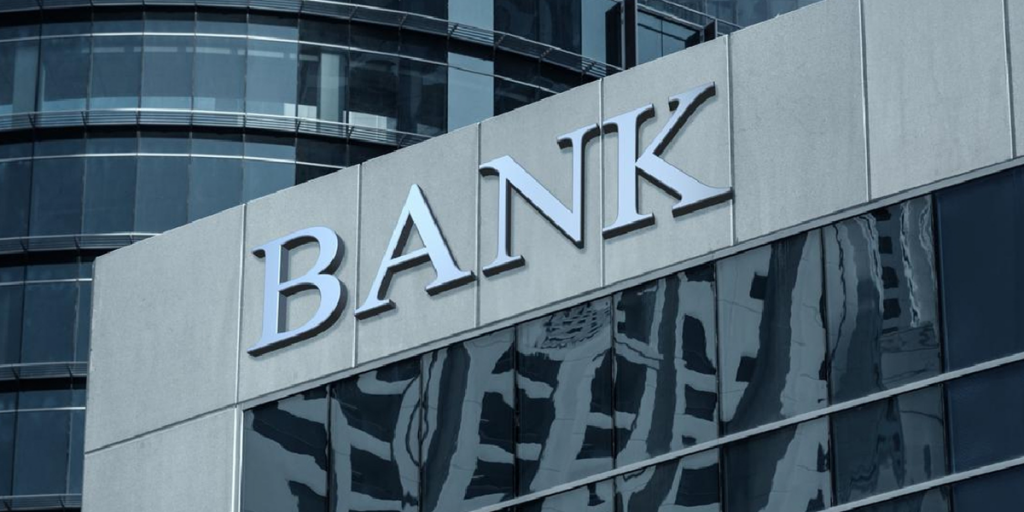
Can we deposit Foreign Currency into a UK bank Bank Account?
If you send money to other countries often, there are online services that can help. They can assist with your overseas business or help you support your family back home using one account. These special accounts for foreign money make managing your finances easier and also save you time and money.
What is a foreign currency account?

An account for foreign money, also known as a multicurrency or borderless account, lets you send and receive money in different currencies. This could change how you handle international business. With these accounts, the money can be transformed into British pounds or kept in the original currency until you choose to exchange it.
You can use an account for foreign money for both business and personal needs. Depending on the account, you might even earn interest on your balance.
Big banks like HSBC or Barclays might let you deposit and withdraw money from your foreign money account at a bank branch or online. Some only allow major currencies – like British pounds, euros, and dollars – to be withdrawn at a branch.
For those experienced with investing, there are also tools available for buying and selling foreign currencies.
Pros of a Foreign Currency Account

Currency Flexibility
A foreign currency account lets you hold, send, and receive money in multiple currencies. This is particularly beneficial for people who frequently travel or do business overseas.
Exchange Rate Advantages
If you regularly deal with a particular currency, you can exchange your money when the rates are favorable. This could save you a significant amount of money over time.
Cons of a Foreign Currency Account
Exchange Rate Risk
The value of foreign currencies can fluctuate. If the currency you’re holding depreciates against your home currency, you could lose money when you convert back.
Higher Fees
Foreign currency accounts often come with higher fees compared to standard accounts. These could include transaction fees, service charges, and conversion fees.
Access and Availability
Not all banks offer foreign currency accounts, and those that do might only support a limited number of currencies. This could restrict your ability to hold or transact in certain currencies.
Minimum Balance Requirements
Some banks require you to maintain a minimum balance in your foreign currency account, which could be higher than a standard account.
Complexity
Managing multiple currencies and staying updated with exchange rates can be complex and time-consuming.
Interest Rates
Interest rates on foreign currency accounts are typically lower than those on standard savings accounts.
Regulatory Changes
Changes in foreign exchange regulations in either your home country or the foreign country could impact your ability to freely move and convert money.
It’s important to carefully consider these factors and possibly seek advice from a financial advisor before opening a foreign currency account.
Foreign Currency Bank Account
If you frequently have to handle different currencies for business or due to some personal reasons, getting a foreign currency bank account will help you. A foreign currency account can hold multiple currencies at the same time and allows you to exchange currencies whenever you choose.
It can help you manage your international money more effectively. For example, if you do business in euros and US dollars, you can keep both currencies in your account without having to exchange them into pounds. When you need to make a payment in either currency, you can do so directly from your account.
Furthermore, a foreign currency bank account can help you save on exchange rates. If you believe that a particular currency’s value will rise in the future, you can exchange your pounds into that currency and hold it in your account. When the value rises, you can then exchange it back into pounds or use it as it is.
Many major banks in the UK offer foreign currency bank accounts, including HSBC, Barclays, and Lloyds. These banks typically offer accounts in major currencies such as US dollars, euros, and Australian dollars, among others.
It’s worth noting that foreign currency bank accounts often come with higher fees than standard bank accounts. Therefore, it’s essential to consider whether the benefits outweigh the costs before opening one.
Fintech Solutions
Recently, there are new companies that let you have accounts with many types of money. These accounts are like foreign currency bank accounts but often cost less and are easier to use. Companies like Revolut, TransferWise (now Wise), and Monzo have these types of accounts. With these, you can change money at the real exchange rate, which can help you save money. Plus, these accounts usually come with a card that you can use to pay or take out cash in different currencies.
While these new options can be more flexible and cost less, they might not be as safe as traditional banks. So, it’s important to do your research and choose a good company.
If you often work with foreign currency, there are many options to help you manage your money better. Whether you choose a bank transfer, a foreign currency bank account, or a new type of account will depend on what you need. Always remember to compare fees and exchange rates to make sure you’re getting the best deal.
Foreign currency accounts are useful for those who often deal with different currencies. These accounts let you keep, send, and receive different types of money, making it easier to handle your international money matters.
How do Foreign Currency Accounts Work?
Foreign currency accounts function similarly to regular bank accounts, but with the added feature of being able to deal with multiple currencies. You can deposit funds in one currency and withdraw them in another, based on the current exchange rate. This allows you to take advantage of favorable currency rates and avoid the high conversion fees that banks typically charge for international transactions.
Which Banks Offer Foreign Currency Accounts?

Lots of banks let you hold money in different currencies. For example, Wise gives customers the choice to pick from 40 different types of money for their account. City National Bank also lets you have an account where you can keep many types of currency.
Here are some banks in the UK that offer this:
- HSBC UK: This bank lets businesses keep 12 different types of money in one account. They won’t charge you every month if you follow certain rules.
- Barclays: This bank has many services. One of them is accounts where you can keep money in foreign currencies.
- Lloyds Bank: This bank mostly uses pounds, but they also let you keep and use money in other currencies.
- NatWest Group: This bank has many services too. But remember, they’re planning to close some of their branches across the UK in 2024.
- Santander UK: This bank is owned by Spain and works in the UK. They might have accounts where you can keep money in different currencies. This can be very helpful for people who deal with both the UK and Spain.
But remember, the services each bank offers can change. So, it’s always best to check their website or call them to get the most recent information.
While accounts with foreign currency can be flexible and convenient, they might cost more than regular accounts. So, it’s very important to compare how much it costs and the benefits before choosing a specific bank or type of account.
If you often deal with foreign currency, a multi-currency account can be a great tool to manage your money more effectively. It lets you handle multiple currencies in one place, which could save you both time and money.
